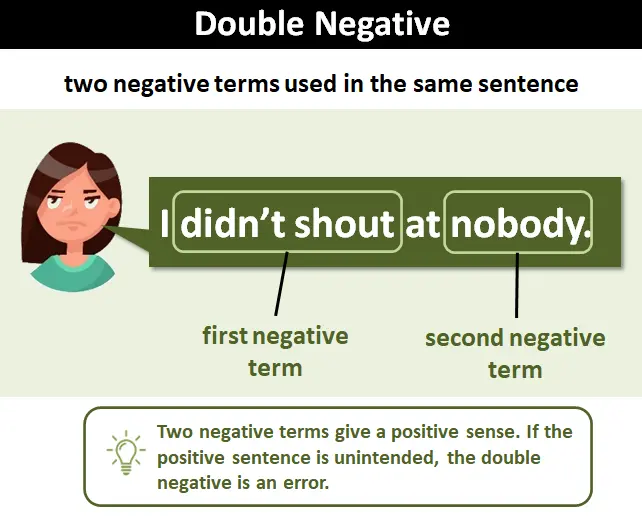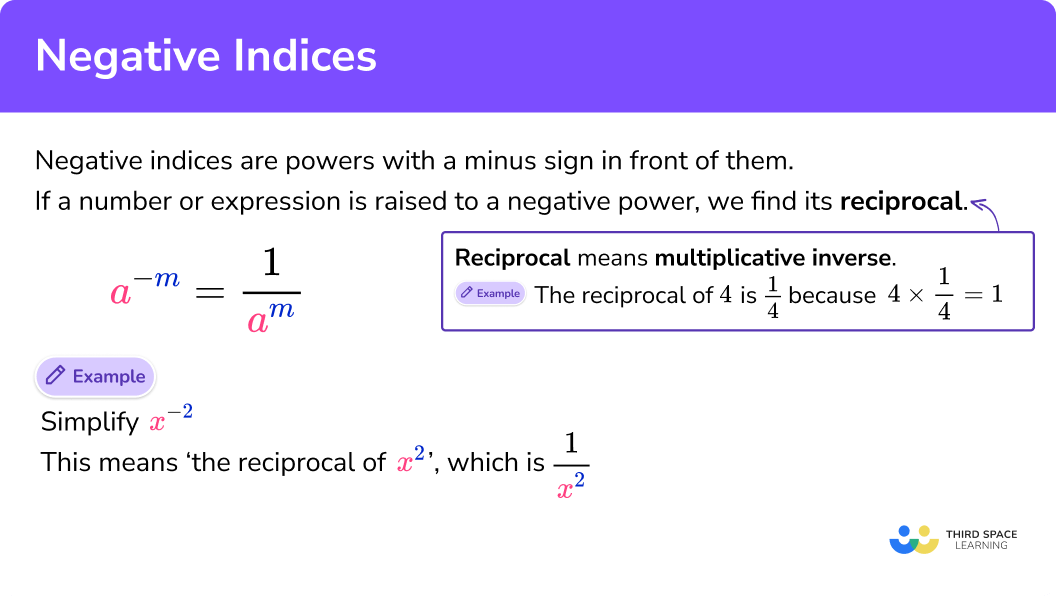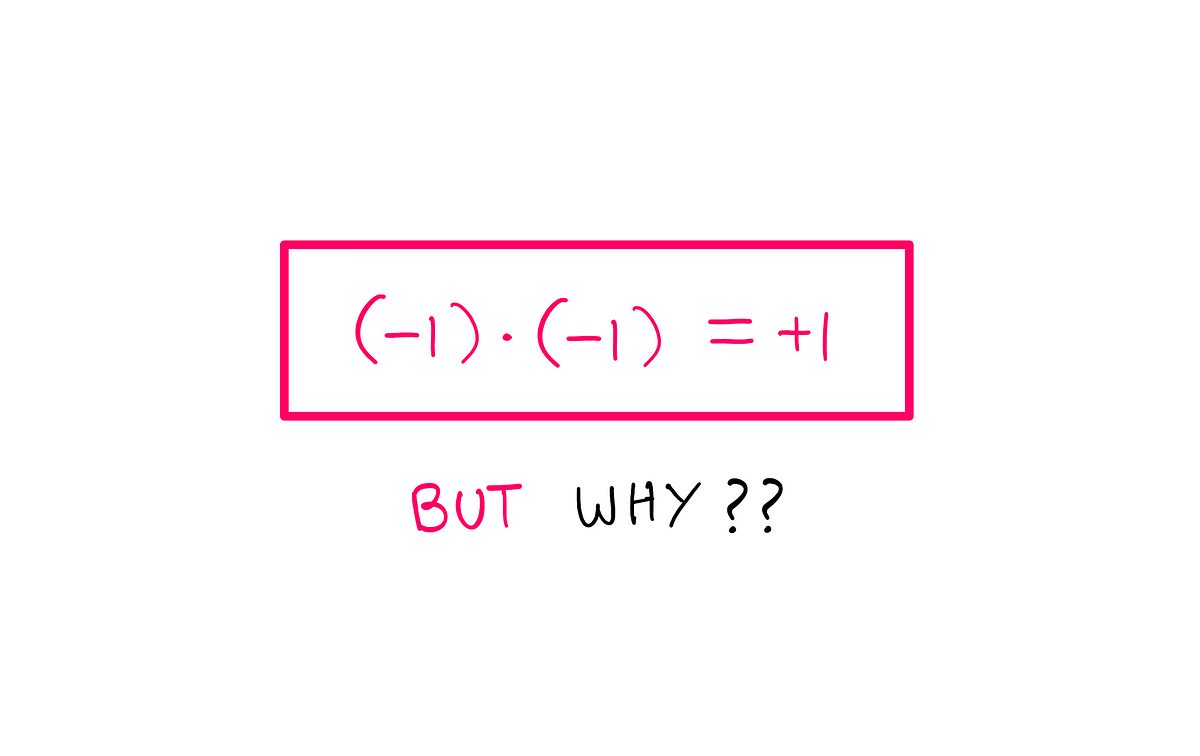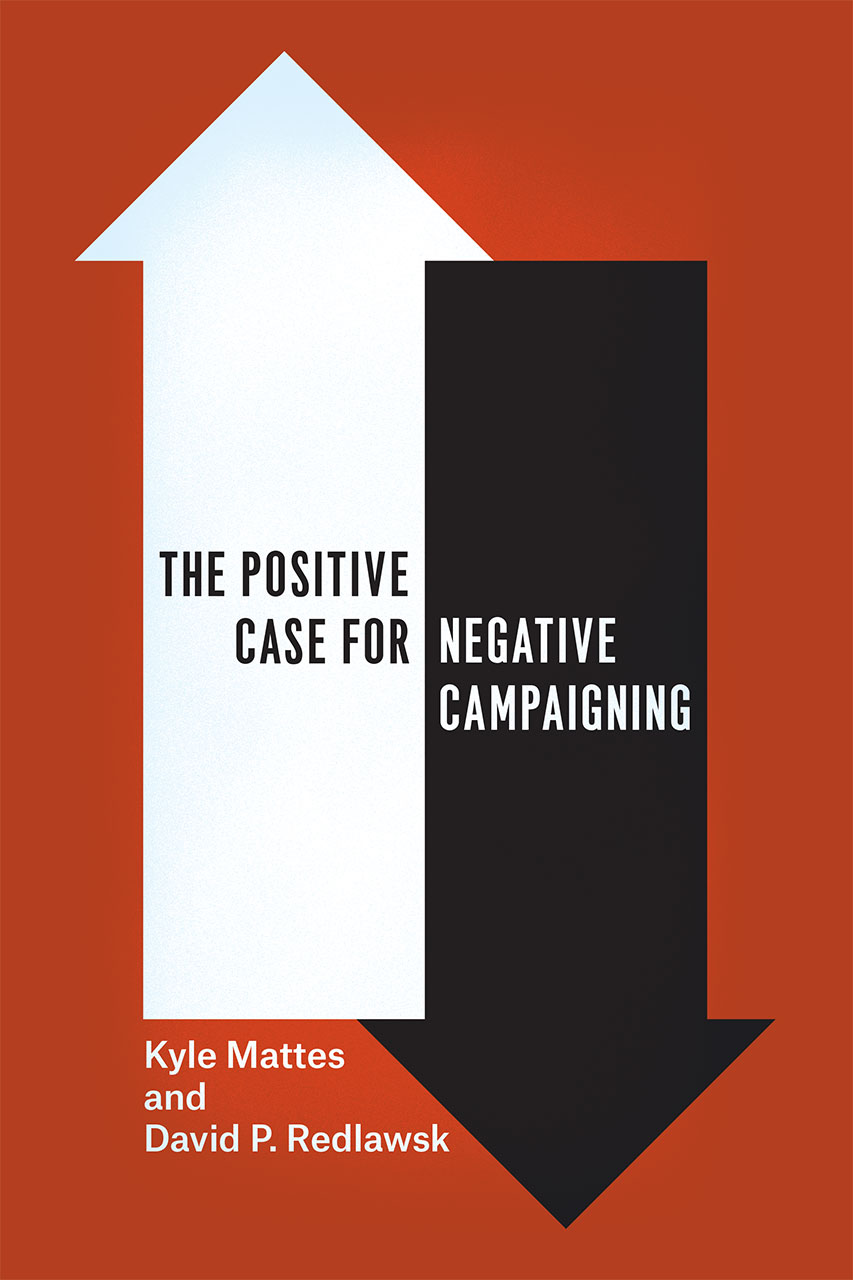
Turn on the television or sign in to social media during election season and chances are you’ll see plenty of negative campaigning. For decades, conventional wisdom has held that Americans hate negativity in political advertising, and some have even argued that its pervasiveness in recent seasons has helped to drive down voter turnout. Arguing against this commonly held view, Kyle Mattes and David P. Redlawsk show not only that some negativity is accepted by voters as part of the political process, but that negative advertising is necessary to convey valuable information that would not otherwise be revealed. The most comprehensive treatment of negative campaigning to date, The Positive Case for Negative Campaigning uses models, surveys, and experiments to show that much of the seeming dislike of negative campaigning can be explained by the way survey questions have been worded. By failing to distinguish between baseless and credible attacks, surveys fail to capture differences in voters’ receptivity. Voters’ responses, the authors argue, vary greatly and can be better explained by the content and believability of the ads than by whether the ads are negative. Mattes and Redlawsk continue on to establish how voters make use of negative information and why it is necessary. Many voters are politically naïve and unlikely to make inferences about candidates’ positions or traits, so the ability of candidates to go on the attack and focus explicitly on information that would not otherwise be available is crucial to voter education.

PDF) Going Negative, Worldwide: Towards a General Understanding of Determinants and Targets of Negative Campaigning

Negative Advertising and the Dynamics of Candidate Support
Himmelroos, Can Deliberation Reduce Political Misperceptions? Findings from a Deliberative Experiment on Immigration

Full article: Why “Going Negative?” Strategic and Situational Determinants of Personal Attacks in Swiss Direct Democratic Votes

Going on the offensive: Negative messaging in British general elections - ScienceDirect
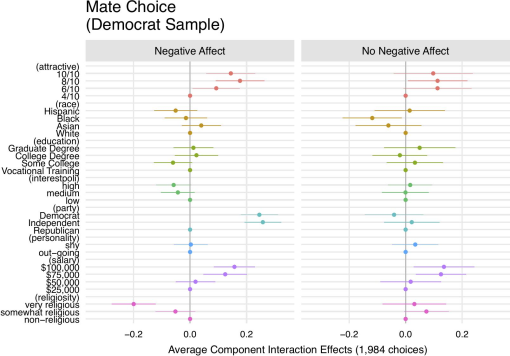
Partisan niche construction: Out-party affect, geographic sorting, and mate selection
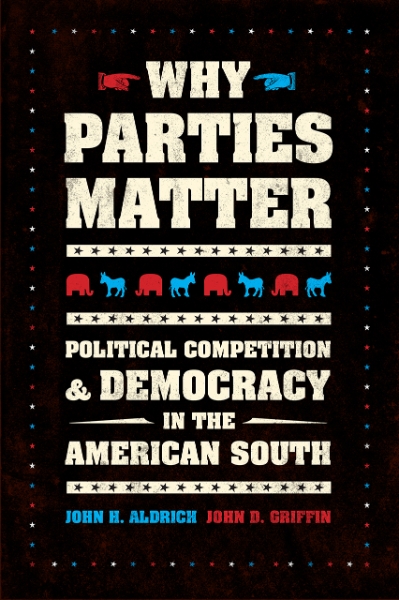
The Positive Case for Negative Campaigning, Mattes, Redlawsk

PDF] Reprehensible, Laughable: The Role of Contempt in Negative Campaigning

Geographic impressions in Facebook political ads, Applied Network Science
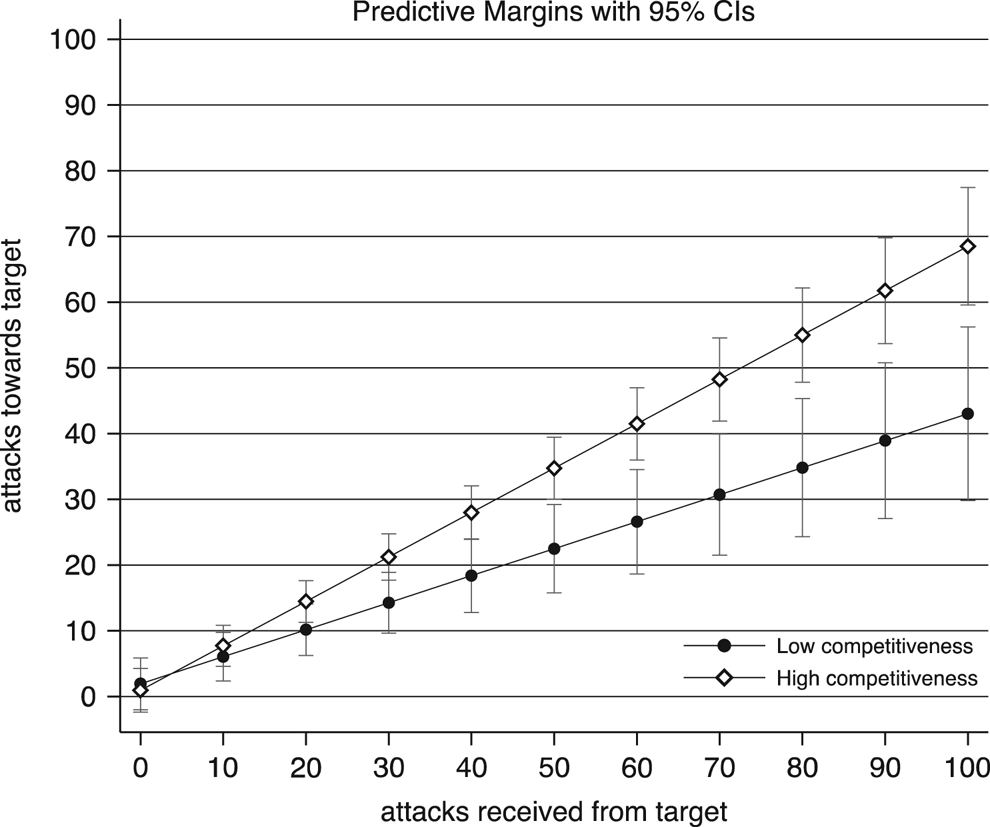
Going Negative, Worldwide: Towards a General Understanding of Determinants and Targets of Negative Campaigning, Government and Opposition
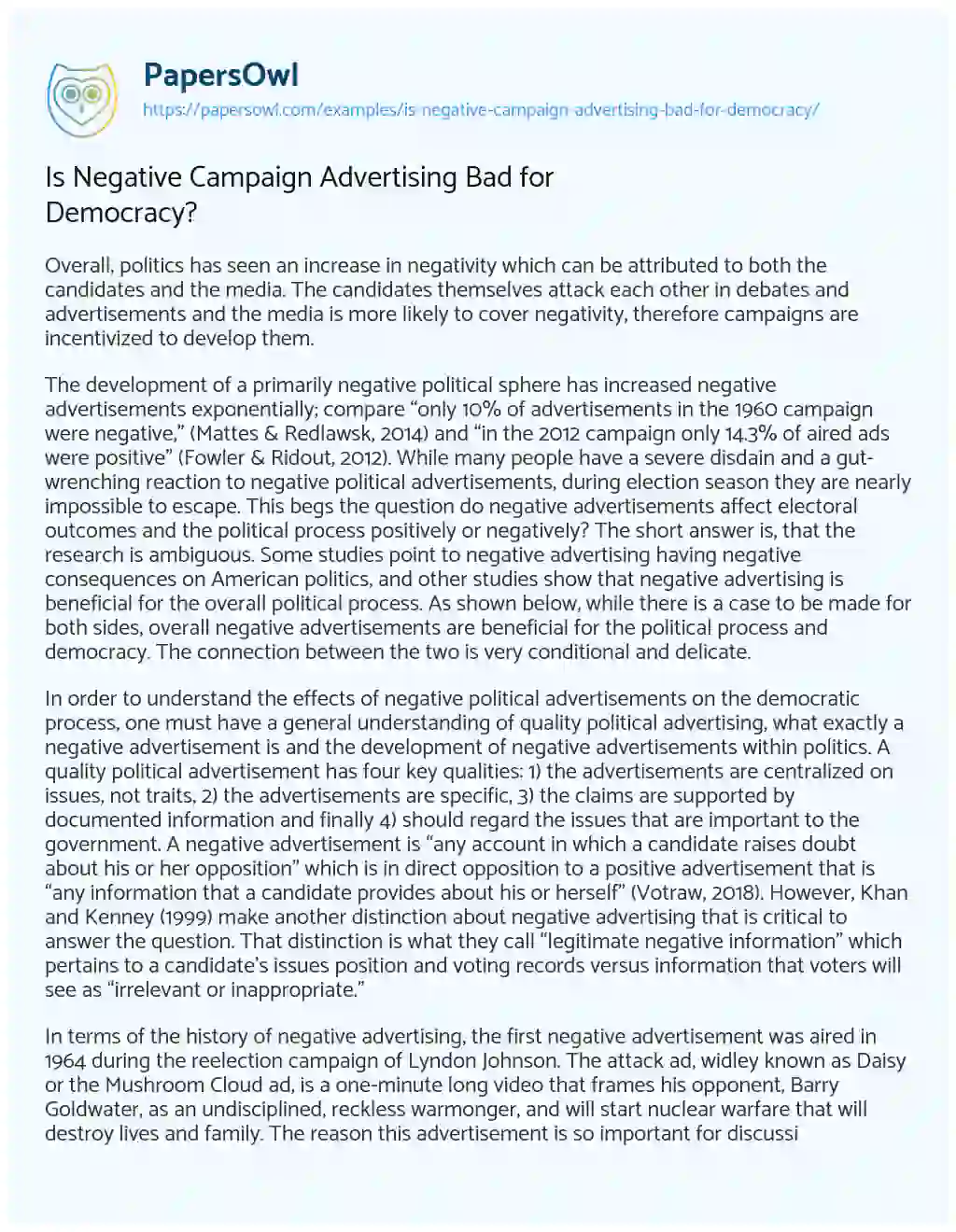
Is Negative Campaign Advertising Bad for Democracy? - Free Essay Example - 2217 Words
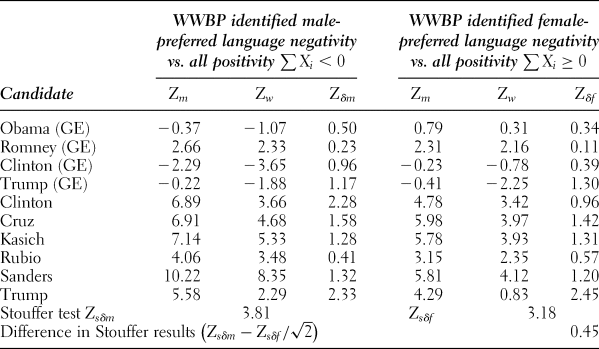
Negative Political Communication on Social Media and the Gender Gap: A Study of Men's and Women's Reactions to Presidential Candidate Attacks on Facebook in 2012 and 2016, Politics & Gender

David Redlawsk, Professor and Chair, Political Science Political Science and International Relations, Media Expert
